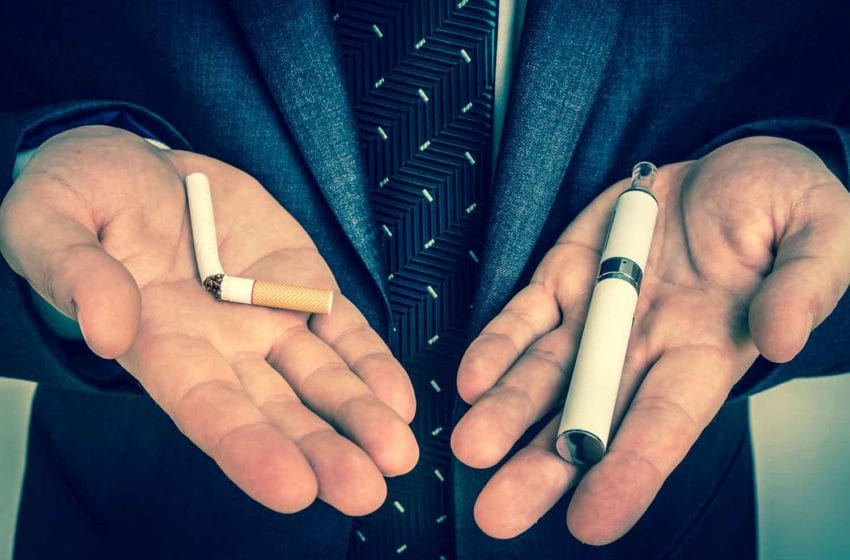For years, anti-tobacco lobbyists have summarily and very aggressively painted electronic nicotine-delivery systems (ENDS) with the same brush they use to condemn combustible cigarettes, turning an intentional blind eye to the important role that ENDS play in tobacco harm reduction. According to Asanda Gcoyi, CEO of the Vapour Products Association of South Africa (VPASA), this is in spite of the fact that highly reputable agencies such as the Royal College of Physicians and Public Health England have published evidence that ENDS are 95 percent less harmful than smoking.
“This unscientific one-size-fits-all rhetoric by anti-smoking lobbyists has influenced certain governments around the world to pass legislation restricting the marketing and distribution of [ENDS] under the exact same legislation that applies to normal cigarettes,” Gcoyi said. “In South Africa, with the debate currently open around the impending Control of Tobacco Products and Electronic Nicotine Delivery Systems Bill (2018), we need to ensure that we do not head the same way.”
In an editorial for IOL, Gcoyi states that, besides the damage this myopic approach does to the adult smoker who is trying desperately to find a less harmful alternative (or, at the very least, cut down) by using vaping devices, the broad-brush approach creates highly contradictory misunderstandings around possible underage users. “What our organization aims to do is to bridge the gap between government and the vapor products industry. To this end, we educate and engage the former, set standards for the latter, and collaborate with both,” said Gcoyi.
This collaboration is currently specifically aimed at developing legal regulations that will ensure adult consumers continue to enjoy access to vapour products in order to use them for the purpose for which they were invented: as a harm reduction tool that may ultimately enable them to give up smoking altogether.
“This means ensuring that EVPs are recognised for what they are, and the important role they have to play in terms of adult smokers. However, where we definitely don’t have a difference of opinion with the legislators is when it comes to restricting their access to the youth.”
As a result, while waiting for the Bill to play out, VPASA launched its own youth access prevention campaign in March 2021, to institute self-regulation in the meantime. An important part of the campaign lies in training EVP retailers about the restriction of sales to young people. This also means combating the misinformation being distributed by anti-smoking lobbyists in terms of young users.
“It is alarming enough that anti-smoking lobbyists purposely draw false parallels between combustible cigarettes and vaping products,” said Gcoyi. “But even more concerning is the misinformation around vaping products and youth. It can completely obliterate what organizations such as ours are doing in trying to ensure adult access, while also restricting sales to youth.”

